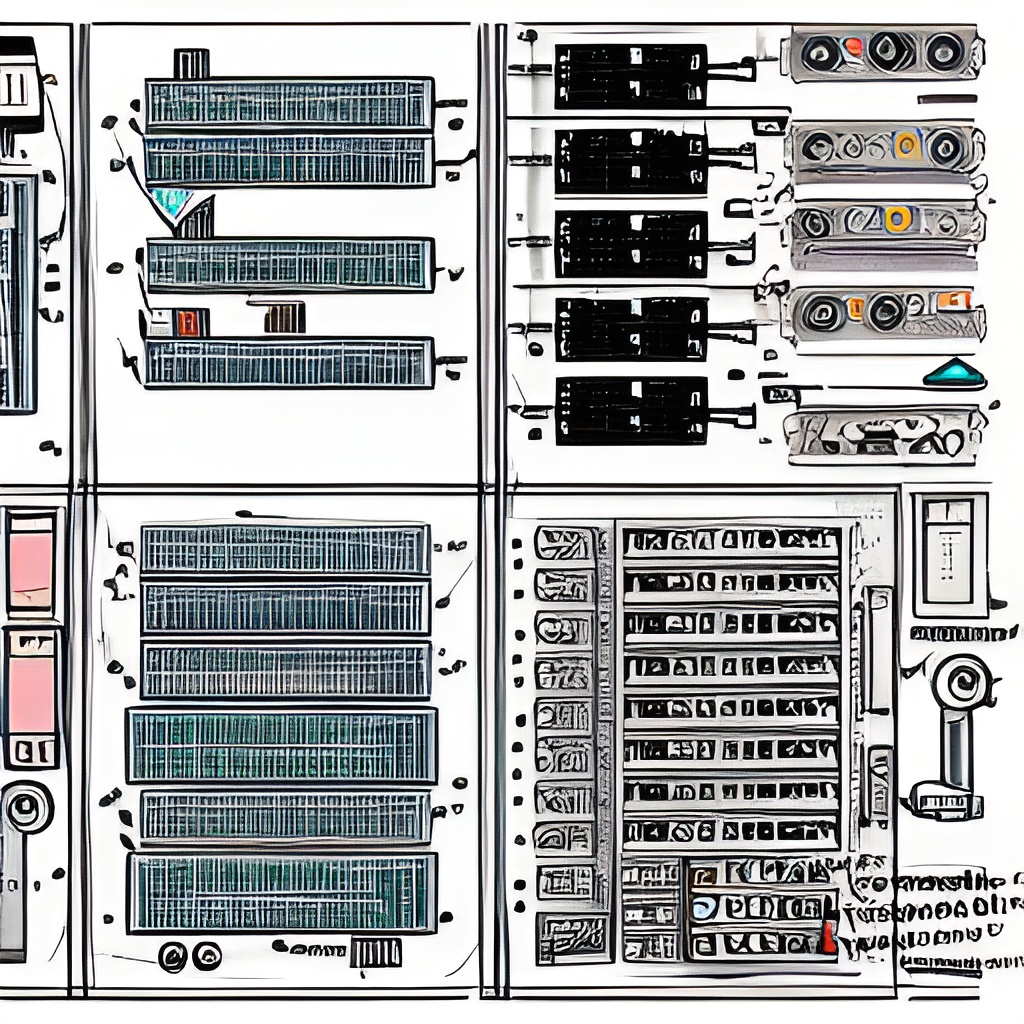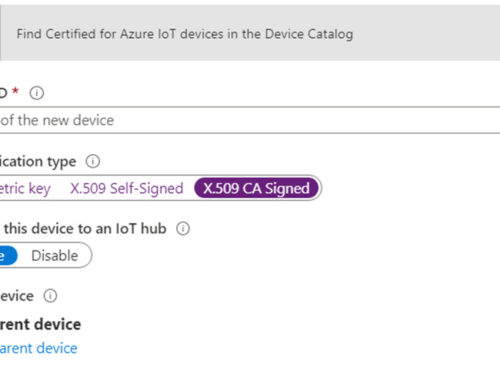The internet of things (IoT) is revolutionizing the way we interact with the physical world. By connecting devices and objects to the internet, we can collect and analyze data in real time to gain insights that were previously unavailable. This has led to the development of “smart” spaces that are able to adapt to their occupants in order to improve efficiency, comfort, and safety.
In order for smart spaces to be truly “smart,” they need to be able to process and act on data quickly and reliably. This is where Kubernetes comes in. Kubernetes is a powerful open-source system that enables the management of containerized applications at scale. By deploying Kubernetes on edge devices, we can empower smart spaces with the ability to process data locally and in real time, without relying on a cloud-based solution.
How Kubernetes Enables Local Processing
Kubernetes enables local processing by allowing multiple edge devices to share a common pool of resources. This means that each device does not need its own dedicated processing power and storage; instead, these resources can be shared among all of the devices in a Kubernetes cluster. This greatly reduces the cost and complexity of implementing a smart space solution.
In addition, Kubernetes also provides built-in redundancy and fault tolerance. If one edge device fails, another can take over its workload without interruption. This ensures that data is always processed even if there are hardware or software failures.
Finally, Kubernetes provides strong security features that protect data as it is being processed on edge devices. Data encryption ensures that only authorized devices can access sensitive information, and role-based access control (RBAC) prevents unauthorized users from modifying or deleting critical data.
Conclusion:
Kubernetes is a powerful open-source system that enables the management of containerized applications at scale. By deploying Kubernetes on edge devices, we can empower smart spaces with the ability to process data locally and in real-time, without relying on a cloud-based solution. Kubernetes provides numerous benefits for smart spaces, including reduced cost and complexity, built-in redundancy and fault tolerance, and strong security features.




